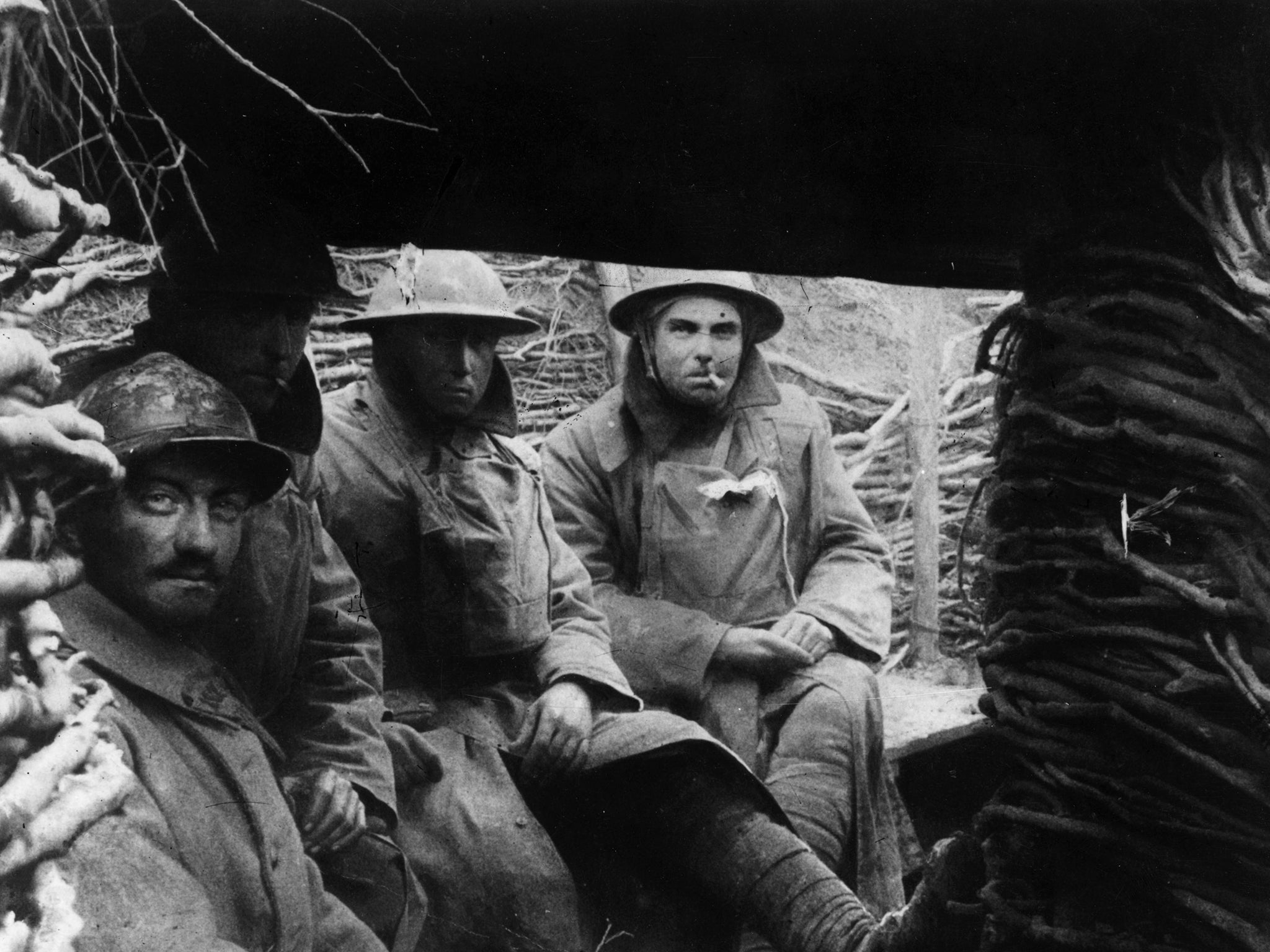Book of a lifetime: The Great War and Modern Memory by Paul Fussell
From The Independent archive: Louisa Young praises Paul Fussell’s merciless but tender account of the First World War and the literature it inspired

As a History undergraduate I took a paper called Business, Literature and Society, 1848-1914, in which we read masses of novels by Disraeli and Mrs Gaskell and Dickens about the Industrial Revolution and put them alongside the social and political history with which they dealt. Fiction as a primary source enchanted me, and the paper, with its complex and reciprocal overlaps and undertones, seemed a splendid way to learn about both history and literature.
Paul Fussell, in The Great War and Modern Memory, operates in a similar manner. “This book is about the British experience of the Western front,” he writes, “and some of the literary means by which it has been remembered... I have tried to understand something of the simultaneous and reciprocal process by which life feeds materials to literature while literature returns the favour by conferring forms on life. And I have been concerned with something more: the way the dynamics and iconography of the Great War have proved crucial political, rhetorical and artistic determinants on subsequent life. At the same time as the war was relying on inherited myth, it was generating new myth”.
It makes me yearn now for a companion paper: War, Literature and Society, 1910-1939. Fussell observes humanity observing the hows and to-what-ends of the work of Sassoon, Graves, Blunden, David Jones, Rosenberg and Owen. It is a history book; a personal introduction to the minds and methods of these wonderful writers; criticism; a threnody. He gives an account, for example, at once merciless and tender, of the great cliches of the Great War, from the obvious (poppies, birdsong over the ruined battlefield) to the ones you hadn’t even quite clocked as cliches (young men swimmming in rivers, sunset blazing a gilded reflection from flooded shell holes, letters). With astonishing perspicacity, he identifies them, analyses them and explains why we love them; why they have proved so rich and so powerful for so long.
The book was published in 1975; every sentence remains strong, valid and beautifully put: “Every war is ironic because every war is worse than expected... Its means are so melodramatically disproportionate to its ends... Eight million people were destroyed because two people, the Archduke Francis Ferdinand and his consort, were shot... But the Great War was more ironic than any before or since. It was a hideous embarrassment to the prevailing meliorist myth... It reversed the idea of Progress.”
So what precisely did I learn from this book? That war, this one especially, of its nature destroys that which it’s trying (at best) or claiming, or purporting, or pretending (all too often), to protect. At national level this is important, today as then. At the level of the individual, it is shattering. This is what Daddy wasn’t talking about, when he never talked about the war. I couldn’t have written my book without it.
Join our commenting forum
Join thought-provoking conversations, follow other Independent readers and see their replies
Comments
Bookmark popover
Removed from bookmarks